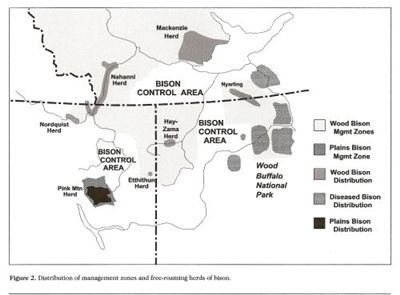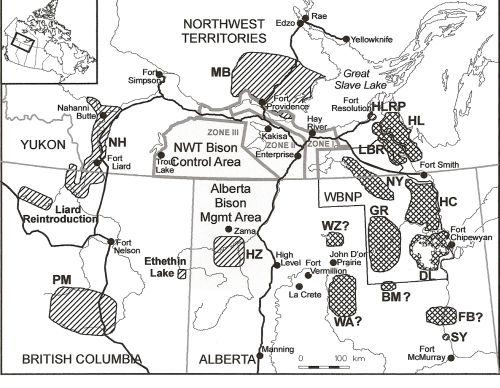Wednesday, 4 April 2018
Stinging Indictment of Farmed Salmon as Food - Dr. Mercola
"If you’re aware of the health benefits of animal-based
omega-3 fats and the fact that salmon is a great source,
you may be shocked to discover that farmed salmon has more in common with junk food than health food. This is the grim reality revealed in Nicolas Daniel’s documentary “Fillet-Oh-Fish,” which includes exclusive footage from fish farms and factories across the globe."
Here is Dr. Mercola's summary of his article:
Story at-a-glance
·
Salmon farming is a disaster both for the environment and for human health, and tests show farmed salmon is about five times more toxic than any other food tested
· In animal feeding studies, mice fed farmed salmon developed
obesity and diabetes — effects researchers believe are related to toxic exposures
· Besides pesticides and antibiotics used in fish farming,
the most significant source of toxic exposure is the dry pellet feed, which contains dioxins, PCBs and other toxic pollutants
·
PCB concentrations in farmed salmon are, on average, eight times higher than in wild salmon
· Farmed salmon also does not have the nutritional profile of wild salmon, containing more than 5.5 times more omega-6 fat than wild salmon, which further skews rather than corrects most people’s omega-3 to omega-6 ratio.
A quote on the sewage: "Below the salmon farms dotted across the Norwegian fjords is a layer of waste some
15 meters (49.2 feet) deep."
One of the videos on the site shows that you can actually squeeze the oil out of farmed fish, and frying wild and farmed reveals that farmed fish has several more multiples of fat.
Quote: "Farmed salmon suffer less visible but equally disturbing mutations. The flesh of the farmed salmon is oddly brittle and breaks apart when bent — a highly abnormal feature. The nutritional content is also wildly abnormal.
Wild salmon contain about 5 to 7 percent fat, whereas the farmed variety can contain anywhere from 14.5 to 34 percent. For a visual demonstration of this difference in fat content, check out the video above"
The fat is from the feed, particularly fish meal and fish oil, which is where the cancer-causing chemicals arrive from as well.
Quote: "Farmed and Dangerous
9 provides an example of a salmon feed label, and the ingredients are very telling in terms of where these excess omega-6 fats are coming from. The first nine ingredients in
Skretting’s “Winter Plus 3500″ salmon feed are poultry meal, fish meal, poultry fat, fish oil, whole wheat, soybean meal, corn gluten meal, feather meal and rapeseed oil. These are all ingredients that no wild salmon has ever encountered and is about as far from a species-appropriate diet as you can get."
Note that farmed fish are fed chicken feathers. I asked
EWOS six times whether their feed contained feces, and got no response. If I were a feed manufacturer, I would want to clear up that my product contained no feces. Not
EWOS. Sure leads one to think that EWOS puts feces in its fish feed.
After all, many fish farm operations around the world regularly use feces as feed. For example, tropical ones where a hog farm is built on a hill beside a pond and the hog feces are shoveled into the pond for the fish. Once the pond is full of fish feces, it is taken out and placed on the hog hill for them to eat. And so on.
Feces in farmed fish feed: 1.
http://www.purezing.com/living/food_articles/living_articles_7salmon.htm. And, 2.
http://www.eatthis.com/shocking-facts-about-farmed-salmon/. And, 3.
https://articles.mercola.com/sites/articles/archive/2006/01/12/what-do-fish-farms-use-for-feed.aspx. And, 4.
https://www.naturalnews.com/037576_farmed_seafood_animal_feces_China.html.
Google this to get a long list of articles on feces in farmed fish feed: https://www.bing.com/search?q=feces+in+farmed+fish+feed&pc=MOZD&form=MOZLBR.
Mercola also goes on to point out what poor nutrition you get from farmed salmon versus wild salmon: "In a global assessment of farmed salmon published in the January 2004 issue of Science,
2 13 persistent organic pollutants were found. Farmed salmon also does not have the nutritional profile of
wild salmon. Rather than being a wonderful source of much-needed omega-3 fats, farmed salmon contains far more omega-6 than omega-3, which can have deleterious health ramifications, seeing how most people are deficient in omega-3 while getting far more omega-6 than they need."
Note that this study is the Hites et al one in Science, Jan 9, 2004, that the fish farm industry, government, paid science, fake website, including in BC, etc. mounted a smear campaign to wipe out the science even though it was true. You will recall that is where I decided never to believe anything fish farms say, until I ground proof it. The David Miller article on this is here:
https://fishfarmnews.blogspot.ca/2011/10/key-document-fish-farm-tactics.html.
Just how bad is farmed salmon? "Overall, farmed salmon are five times more toxic than any other food tested."
One of the big secrets in fish feed is that ethoxyquin is added. If you want to read just how bad ethoxyquin feed is, hit this link:
https://www.bing.com/search?q=ethoxyquin+-+fish+feed&pc=MOZD&form=MOZLBR. The articles go on and on.
Ethoxyquin is a pesticide! "Ethoxyquin was developed as a pesticide by
Monsanto in the 1950s. Its use is strictly regulated on fruits, vegetables and in meat, but not in fish, because it was never intended for such use."
Ethoxyquin is an antioxidant, but it is also used because without it,
fish feed may explode in transit. Yes, folks, it's hard to make this stuff up, but brought to you by fish farms (you will remember that BC fish farms use Hill and Knowlton, the PR people who taught tobacco CEOs not to know their products caused cancer).
And how bad is this pesticide on humans? We're not completely sure because, "the effects of this chemical on human health have never been established. The one and only study ever done on ethoxyquin and human health was a thesis by
Victoria Bohne, a former researcher in Norway who made a number of disturbing discoveries, including the fact that ethoxyquin can cross the blood brain barrier and may have carcinogenic effects.
Bohne was pressured to leave her research job after attempts were made to falsify and downplay her findings."
You will recall the post I did that has about 20 scientists who have been harassed and had ruined careers because fish farm companies go after them:
https://fishfarmnews.blogspot.ca/2017/06/scientists-harassed-by-fish-farms.html. It really is this bad.



